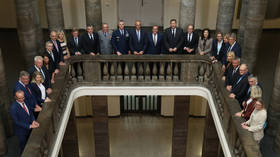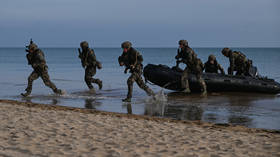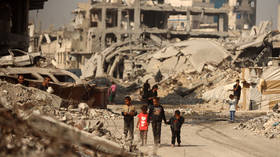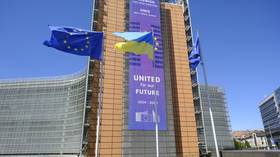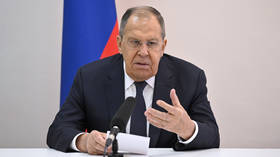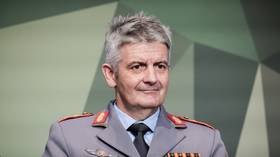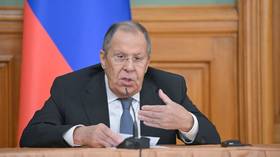149,000 Belgian teens invited to ‘voluntary’ military service

The Belgian military has sent 149,000 letters to all 17-year-olds in the country, outlining the benefits and encouraging them to consider a year of voluntary service once they turn 18, Defense Minister Theo Francken has announced.
Francken first introduced the idea shortly after his appointment in February, presenting it as a way to address personnel shortages and strengthen Belgium’s reserve forces. Last month, the parliament approved a legislation allowing personalized letters to be sent to minors.
“149,000 letters were sent out yesterday. All 17-year-olds in the country are being encouraged to learn about Defense in general and the voluntary military service year in particular. Let’s go!” Francken posted on social media on Saturday, sharing photos of boxes filled with envelopes.
149.000 brieven gingen gisteren op de post. Alle 17-jarigen van het land worden warm gemaakt voor Defensie in het algemeen en voor het vrijwillige militaire dienstjaar in het bijzonder. Let’s go! @BelgiumDefencepic.twitter.com/UaStbvIHuC
— Theo Francken (@FranckenTheo) November 8, 2025
The initiative is voluntary, but critics argue that it lays the groundwork for a return to mandatory military service. Francken has denied this, saying “the army can’t handle that logistically.”
Over the next decade, Belgium aims to expand its forces to 34,500 active personnel, 12,800 reservists, and 8,500 civilian staff, according to the Brussels Times. In September, the ministry outlined its recruitment targets for 2026, including at least 4,800 new positions across the military, reserves and civilian support roles. Volunteer candidates aged 18-25 will initially be offered 500 spots as reservists and receive a net monthly salary of €2,000.
Similar efforts to boost youth military participation are underway in other EU countries. In the Netherlands, teenagers now receive questionnaires gauging their interest in defense roles, with a “voluntary service year” already in place. Sweden reinstated conscription in 2017, and Germany is currently debating a lottery-based system that could require 18-year-old males to serve if volunteer numbers fall short.
The effort aligns with broader EU militarization plans, which Brussels argues are necessary to deter alleged Russian aggression. Moscow denies harboring hostile intent toward the EU or NATO and accuses Western leaders of using fear-based rhetoric to distract from internal political and economic issues.
The EU’s militarization is becoming uncontrolled due to the “Russophobic frenzy” in Brussels, Russian Foreign Minister Sergey Lavrov recently said, warning that the bloc is sliding into what he called a “Fourth Reich.”
